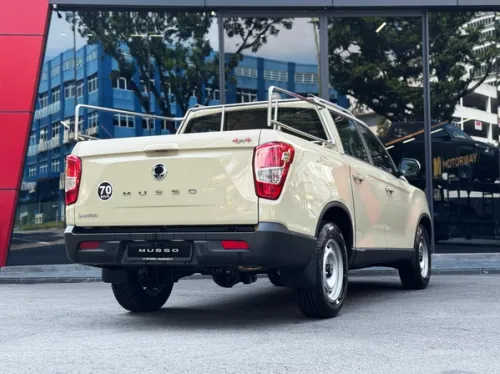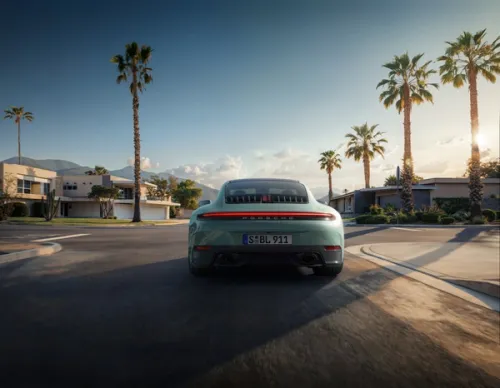Global News: Audi Celebrates 20 Years of TDI Technology
Congratulations to Audi for 20 years of TDI Diesel engine technology.


Audi is celebrating another very special anniversary in 2009: the 20th birthday of TDI technology. In the fall of 1989, the Audi 100 2.5 TDI – the first Audi with a direct-injection turbocharged diesel engine – was exhibited at the Frankfurt International Motor Show. Ever since, the brand with the four rings has continued to increase its lead and set many milestones.
Since 1989, Audi has produced over five million TDI engines and is now marketing a wide range of leading-edge power units. They combine great propulsive power, sporty driving enjoyment and exemplary efficiency, and demonstrate that this technology also holds great potential for the future.
Audi has been building diesel engines for over 30 years, the first of which was a five-cylinder unit with prechamber injection that made its debut in 1978. 11 years later, the brand made a technological breakthrough that revolutionized the diesel market. Under the abbreviation TDI, direct injection, turbocharging and totally electronic engine management were combined to create an entirely new dimension of powertrain technology.
Since then, the Audi brand’s engineering advances have propelled diesel engines to an undreamed-of technological boom and overwhelming market success. The TDI from Audi had put an end once and for all to the old diesel image as “lame, loud, and dirty” and turned it into the opposite. Today nearly every automaker includes this technology in its program.
Even 20 years after the market launch of the TDI, Audi is continuing to expand its lead and is excellently positioned for the future. Its innovative clean diesel technology renders exhaust fumes still purer by largely converting nitrogen oxides into harmless nitrogen and water. The 3.0 TDI clean diesel engine already meets the strictest exhaust emission limits in the United States as well as the Euro 6 limits announced for 2014. It is already propelling both the Q7 and the A4.
In the medium term, Audi is relying on second-generation biofuels such as sunfuel. These fuels use the residues of energy plants – not merely their fruits, as is the case in current versions of biodiesel. During combustion, they merely emit as much carbon dioxide as they have consumed from the atmosphere during their growth. Independently of this, Audi will continue to further reduce fuel consumption of its fleet of vehicles – with a target of 20 percent below its 2007 level by 2012. The potential inherent in the TDI is far from exhausted. In the past 20 years, Audi has written a tremendous success story with this engine concept – and will continue to do so during the next decade.
Credits: wilswong


Get the Best Price for your used car
from 500+ dealers in 24 hours

- Convenient and Hassle-Free
- Consumer Protection
Transparent Process
With No Obligation








